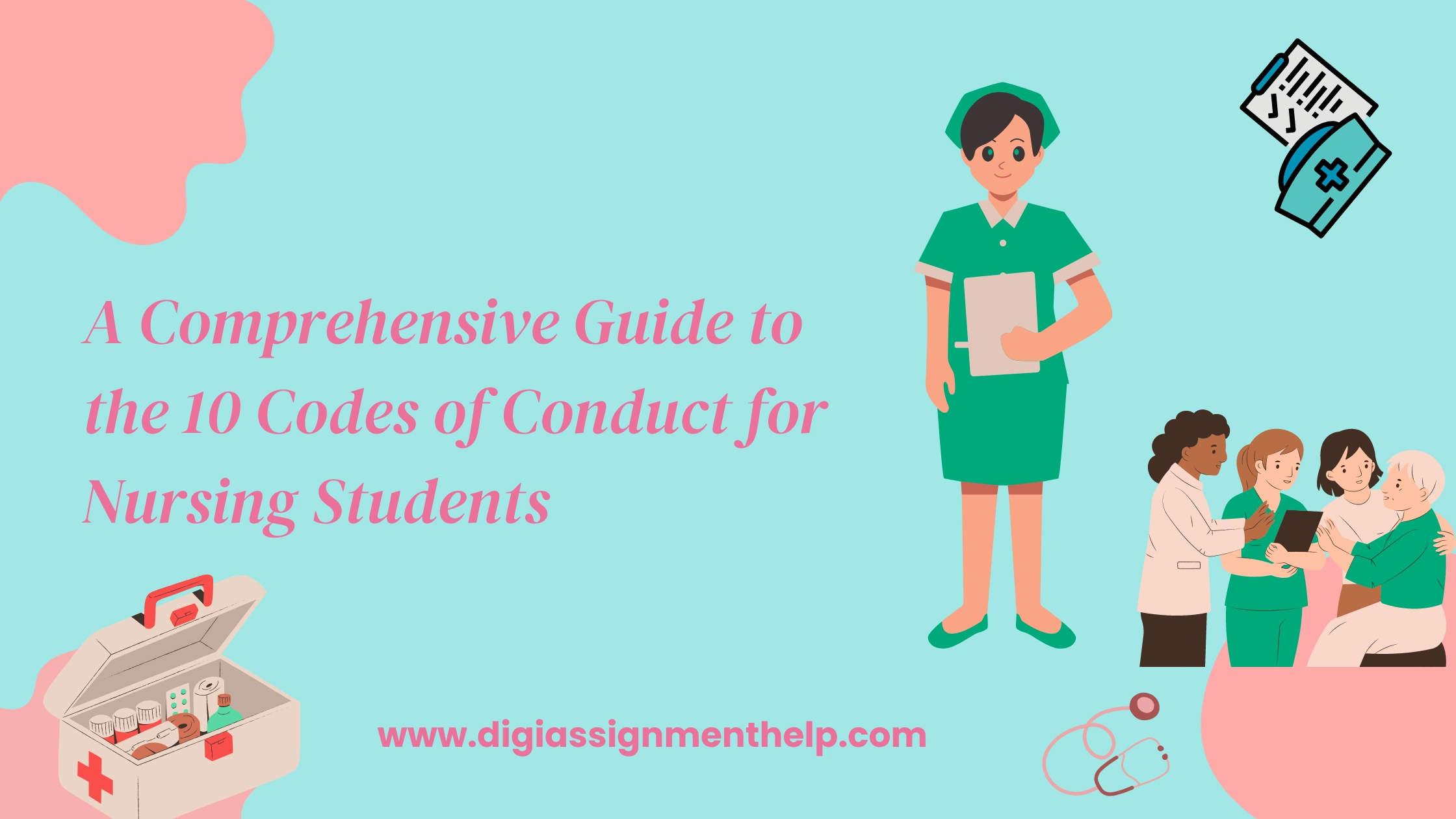How to Become a Master of Clinical Nursing ?
 20-Jun-2024 05:58 AM
20-Jun-2024 05:58 AM

Clinical nurse specialists have the potential to significantly advance nursing careers in Australia. With advanced degrees and healthcare leadership skills, these specialists stand out in the field.
This article provides a comprehensive guide to becoming a clinical nurse specialist, detailing the necessary qualifications and the income range for this profession in Australia.
How to Become a Nurse Clinical Nurse Specialist
Earn a BSN
A BSN or equivalent is needed for clinical nurse specialists. Bachelor of Science in Nursing degrees take four years.
BSNs can be obtained in several ways. Associate-degree RNs can transfer to bachelor's programs. Some hospitals give tuition help to staff.
Obtain Registered Nursing (RN) Licensure
Certified nursing assistants must pass the NCLEX-RN after earning their RN licensure. You demonstrated nursing skills.
After passing the exam, apply for an RN license from your state's nursing board.
Advanced nursing degrees are not required to become a licensed registered nurse. Most CNSs worked as registered nurses for a year before becoming CNAs.
Complete a Clinical Nurse Specialist Advanced Degree
Certified nursing specialists must have an MSN, and research nurses must have a DNP.
Check with the Commission on Collegiate Nursing Education or the Accreditation Commission for Education in Nursing to ensure your master's program is accredited. Rapid-degree programs like BSN-to-MSN may be faster than two-year MSN programs.
Your Master of Science in Nursing curriculum depends on your nursing school and specialization. The National Association of Clinical Nurse Specialists (NACNS) directory can help students find CNS programs. MS in Nursing programs encompass pharmacology, pathophysiology, and healthcare quality and safety.
Healthcare ethics and social justice are among the many themes covered in this extensive course.
Completion of All Clinical Hours
Clinical rotations are required for nursing master's and doctoral programs. NACNS requires 500 supervised clinical hours for master's and postgraduate CNS programs.
Hours spent practicing the CNS function in contexts relevant to the student's area of concentration or specialty count toward the requirement. These clinical hours must be supervised by a faculty member or a qualified CNS preceptor.
Earn CNS Certification
It is time to get your specialist certification after you have finished your expert certification is due after your study and clinical hours. The American Nursing Credentialing Center (ANCC) and the American Association of Critical-Care Nurses regulate most CNS credentials.
To obtain certification, you must be eligible and pass an exam.
The ANCC certifies AGCNS-BCs. The $395 AGCNS-BC accreditation lasts five years and is discounted for some nursing groups.
Types of Master's in Nursing
The Advanced Practice Registered Nurse (APRN) Master's in Nursing is just one of several nursing master's degree options; others include healthcare administration, dual master's degree programs, and non-APRN nursing specializations. An explanation of each of them is provided below.
Nurse Practitioner (NP)
Assessment, diagnosis, ordering tests, medicine prescription, and oversight of patient concerns are all within the scope of practice for nurse practitioners.
A general practitioner's day often consists of seeing patients, taking their vitals, ordering tests to rule out disease, making treatment recommendations, and explaining various procedures to them.
An advanced degree in nursing (ASN, MSN, or BSN) is the standard requirement to practice as a nurse practitioner (NP). Passing the
National Council Licensure Examination for Registered Nurses (NCLEX-RN) after finishing nursing school is a great way to get experience in the industry.
The American Nurses Credentialing Center (ANCC) and the American Academy of Nurse Practitioners (AANP) are two exams that can be taken after graduation to become a nurse practitioner.
Another option is the straight admission route, which often takes three to five years to finish and is reserved for students with bachelor's degrees.
Clinical Nurse Leader (CNL)
Any healthcare facility can benefit from the expertise of a clinical nurse leader. Because they are always working to improve their healthcare abilities and increase their general knowledge, CNLs are considered lifelong learners in the nursing profession. Because of their authority, the CNL assesses patient outcomes and may alter treatment programs as needed.
Clinical Nurse Specialist (CNS)
Clinical Nurse Specialists (CNSs) are advanced practice registered nurses (APRNs) with doctoral or master's degrees in nursing. Although their responsibilities also include research and healthcare administration, their primary roles are patient assessment, diagnosis, and treatment.
Certified Registered Nurse Anesthetist (CRNA)
Anesthesia for surgical and other medical operations is the specialty of certified registered nurse anesthetists or CRNAs. Certified registered nurse anesthetists are required to hold a master's degree in nursing.
Conclusion
There is a great deal of information to process when considering the several options for master's degrees in nursing. To be well-prepared for a healthcare career, though, you must be aware of the specifics of each degree program.
You can select the graduate nursing program that meets your individual needs from among several options. By doing so, you may stay on the right track and devote your full attention to becoming the greatest nurse you can be. You can also contact Digi Assignment Help for your help.











.webp)
















 +44 74 8881 8568
+44 74 8881 8568